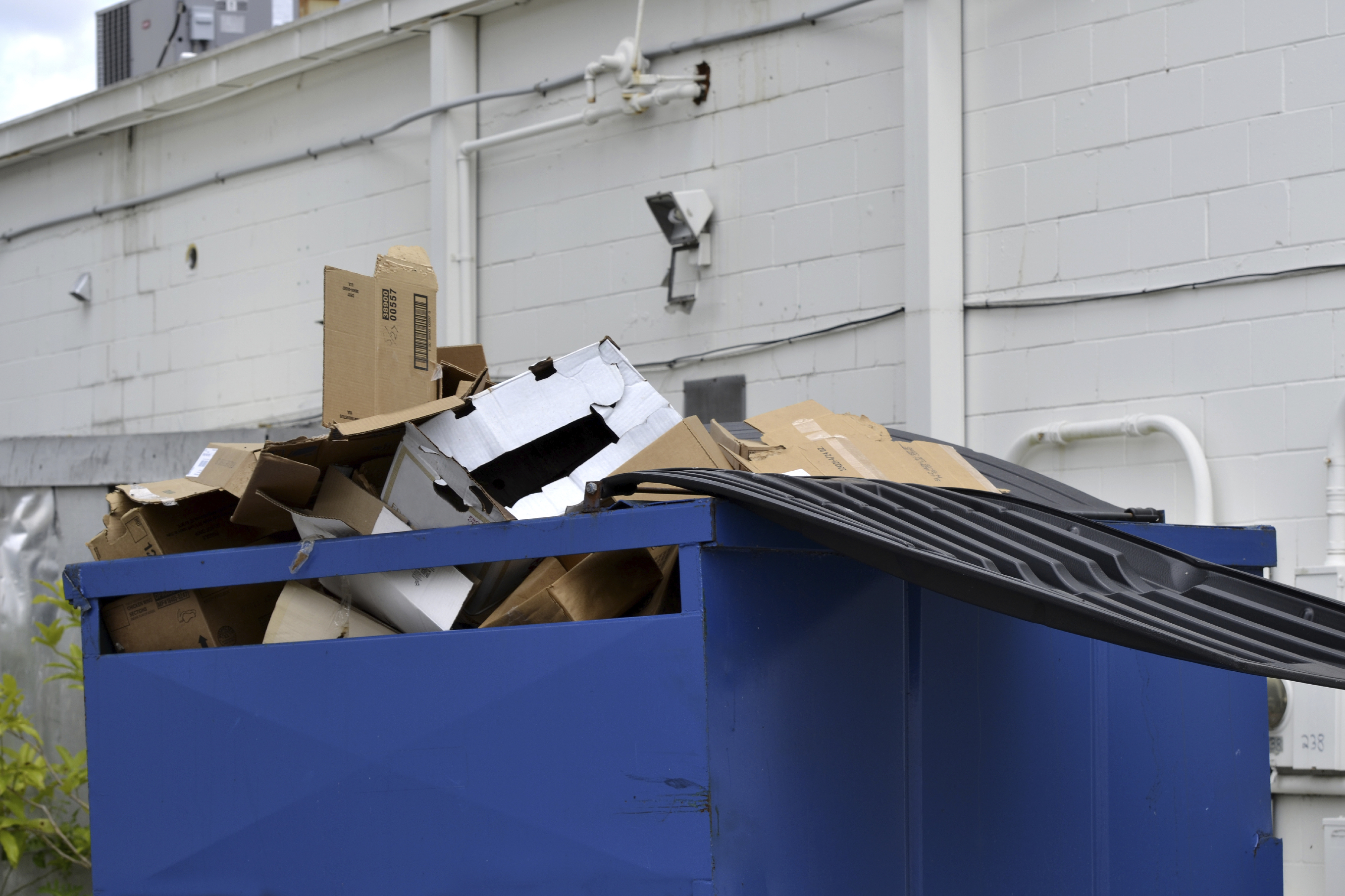Food waste will contribute to a tenth of overall global greenhouse gas emissions by mid century, a study warned.
Currently a third of all global food production – 1.3 billion tons of food per year – never finds its way onto the dinner plate, a share that is set to continue rising.
And the world’s richest countries were to blame for increasing food waste statistics, Potsdam Institute for Climate Impact said.
It said climate change will get worse if developing countries like India and China adopt western nutrition lifestyles.
So reducing food waste and not over eating will not only help fight hunger but help in the fight against climate change.
Lead author Ceren Hic said: “Reducing food waste can contribute to fighting hunger but do some extent also prevent climate impacts like more intense weather extremes and sea-level rise.
“Even though food availability on a global average has been higher than required in theory, some developing countries still have got undernourishment or hunger.”
Experts who analysed body types and food requirements for past and future scenarios found that food demand per person does not change and yet food availability has increased rapidly over the past fifty years.
Co-author Dr Prajal Pradhan said: “At the same time, agriculture is a major driver of climate change, accounting for more than 20 per cent of overall global greenhouse gas emissions on 2010.
“Avoiding food loss and waste would therefore avoid incessant greenhouse gas emissions and help mitigate climate change.
“More importantly food availability and requirement ratio show a linear relationship with human development indicating that richer countries consume more food than is healthy or simply waste it.”
Dr Pradhan and his team estimate that greenhouse gas emissions associated with food waste will increase from 0.5 to 2.5 gigatons of CO2 equivalents per year by 2050 with emissions from agriculture alone expected to rise up to 18 gigatons.
Dr Pradhan added: “Emissions related to discarded food are just the tip of the iceberg,
“It is quite astounding that up to 14 per cent of overall agricultural emissions in 2050 could easily be avoided by better management of food utilisation and distribution.
“Changing individual behaviour could be one key towards mitigating the climate crisis.”
Deputy chair of Climate Impacts and Vulnerabilities at Potsdam, Professor Jürgen Kropp backed the groundbreaking research.
Prof Kropp said: “As many emerging economies like China or India are projected to rapidly increase their food waste as a consequence of changing lifestyle, increasing welfare and dietary habits towards a larger share of animal-based products, this could over proportionally increase greenhouse-gas emissions associated with food waste – at the same time undermining efforts for an ambitious climate protection.”
“Avoiding food loss could pose a leverage to various challenges at once, reducing environmental impacts of agriculture, saving resources used in food production, and enhance local, regional, and global food security.”
The study was published in the journal Environmental Science and Technology




